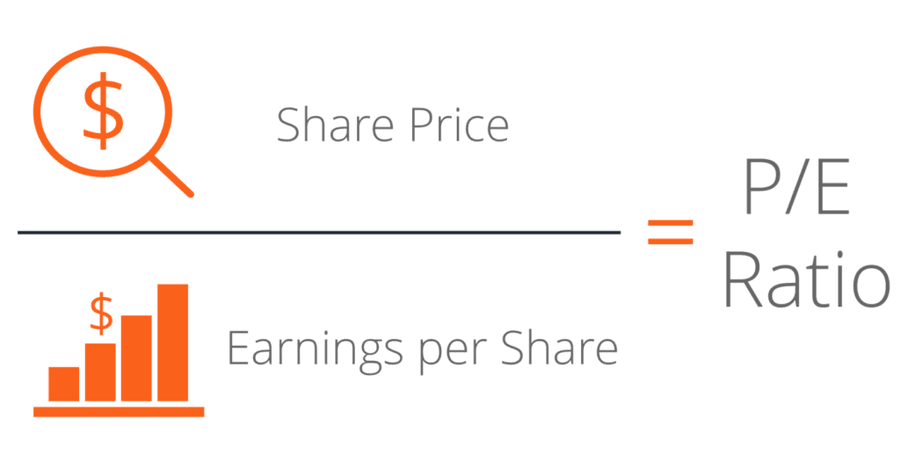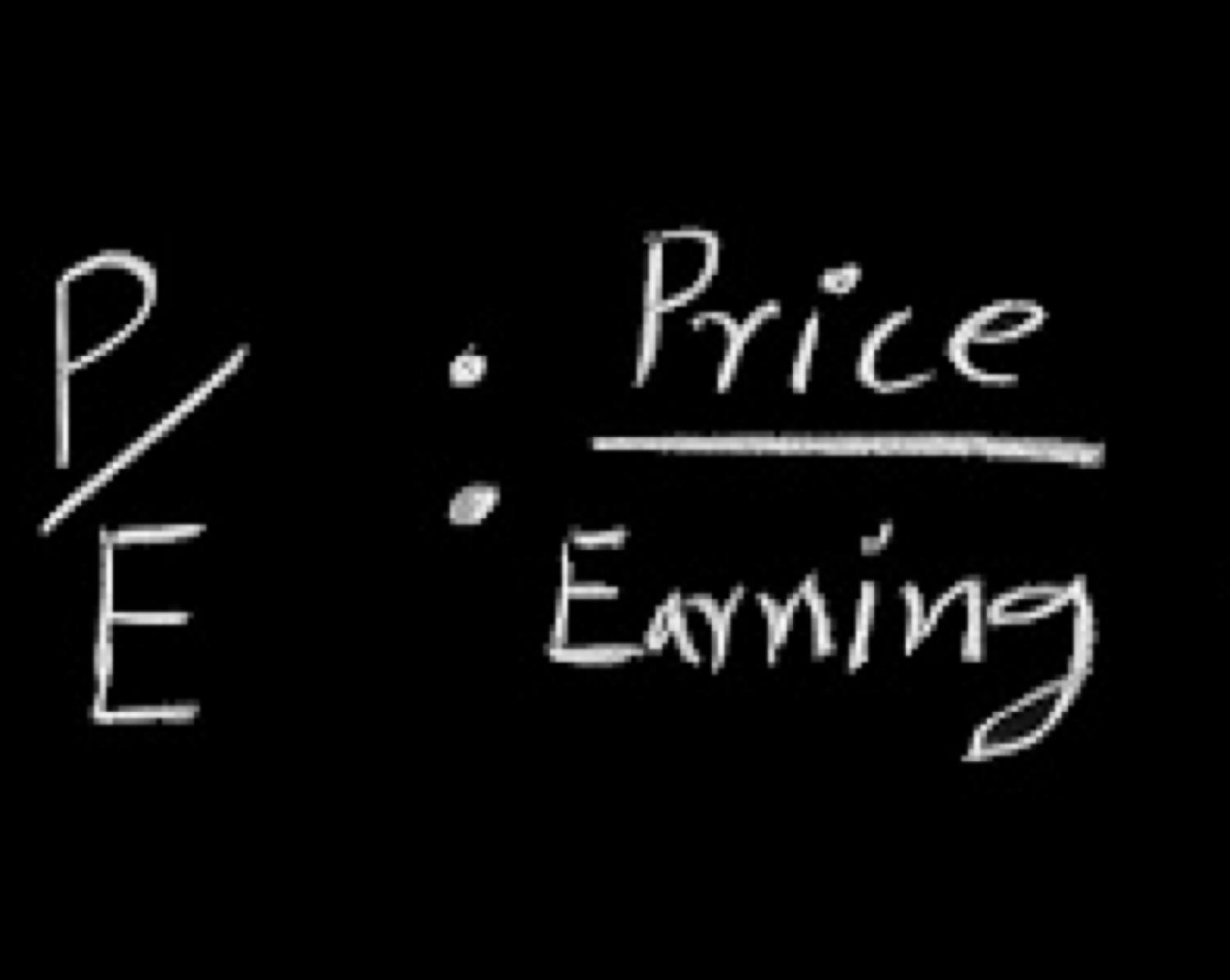THE FAMOUS P/E RATIO
Any serious discussion of earnings involves the price/earnings ratio—also known as the p/e ratio, the price-earnings multiple, or simply, the multiple. This ratio is a numerical shorthand for the relationship between the stock price and the earnings of the company.
The p/e ratio can be thought of as the number of years it will take the company to earn back the amount of your initial investment— assuming, of course, that the company’s earnings stay constant. However, you don’t have to go through this exercise because the p/e ratio of 10 tells you it’s ten years.
146
78 reads
CURATED FROM
IDEAS CURATED BY
These are some lessons that peter lynch thought us in one up on wall street
“
Similar ideas to THE FAMOUS P/E RATIO
P/E Ratio (Price per Earning)
Let's say that a company's stock trades for $100 and that the company has earnings per share (EPS) of $6.50 over the last 12 months.
We can calculate a trailing ("last 12 months") P/E ratio for that stock by simply dividing the stock price ("P") by the EPS ("E"), so 100/6.50 equals about 1...
The cornerstone to valuing stocks: The P/E ratio
The go-to metric for nearly all investors when it comes to valuing a stock has to be the P/E ratio. Standing for price-to-earnings, this formula is calculated by dividing the stock price by the earnings per share (EPS). The lower the P/E ratio, the more earnings power investors are buying with ea...
How growth investors can use variations of the P/E ratio
Growth investors often use the P/E ratio as a building block for finding two other metrics: the forward P/E and the PEG ratios.
- The forward P/E is calculated by dividing the stock price by the company's expected future earnings.
- The PEG ratio is calculated by dividing the comp...
Read & Learn
20x Faster
without
deepstash
with
deepstash
with
deepstash
Personalized microlearning
—
100+ Learning Journeys
—
Access to 200,000+ ideas
—
Access to the mobile app
—
Unlimited idea saving
—
—
Unlimited history
—
—
Unlimited listening to ideas
—
—
Downloading & offline access
—
—
Supercharge your mind with one idea per day
Enter your email and spend 1 minute every day to learn something new.
I agree to receive email updates


